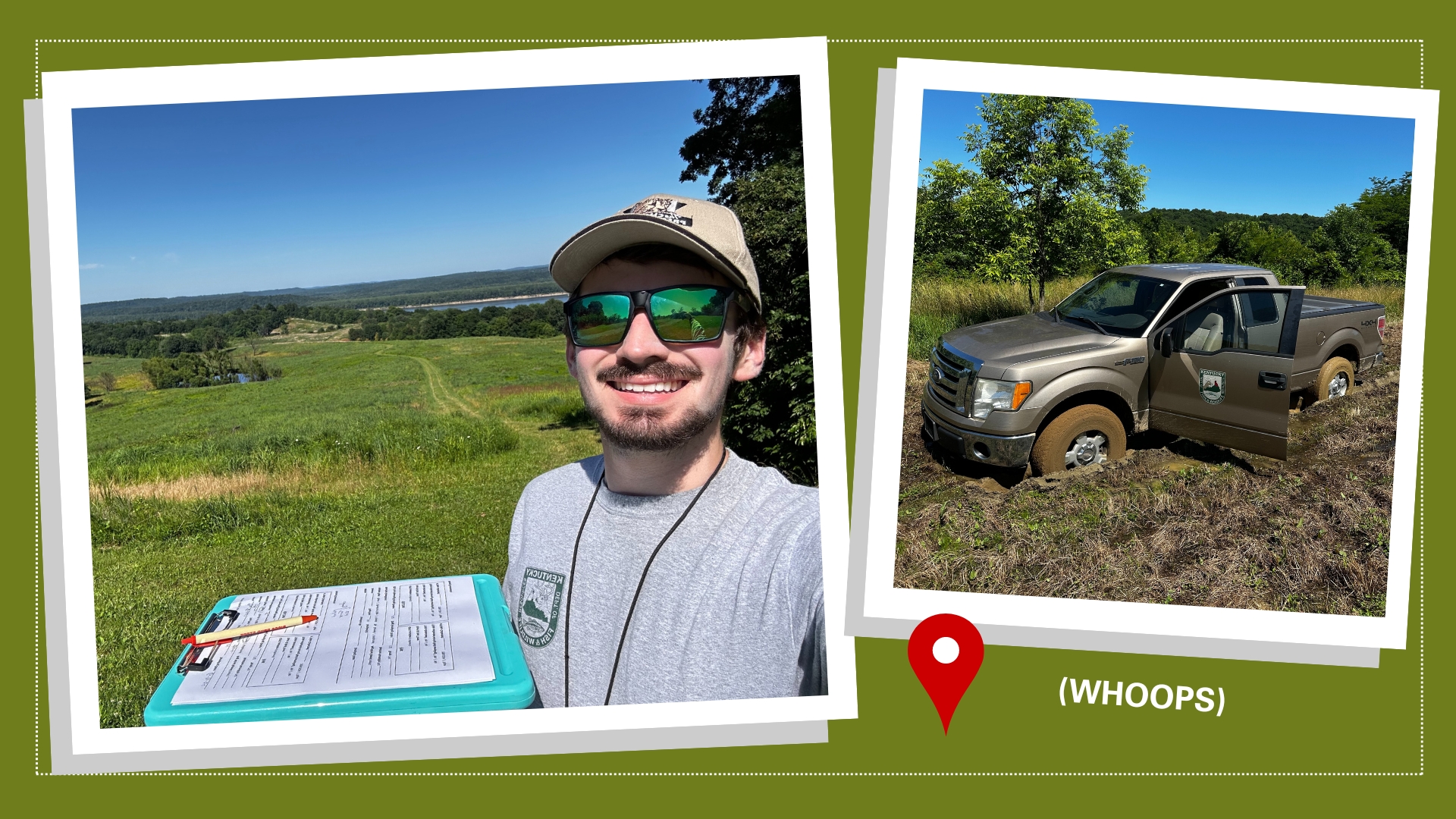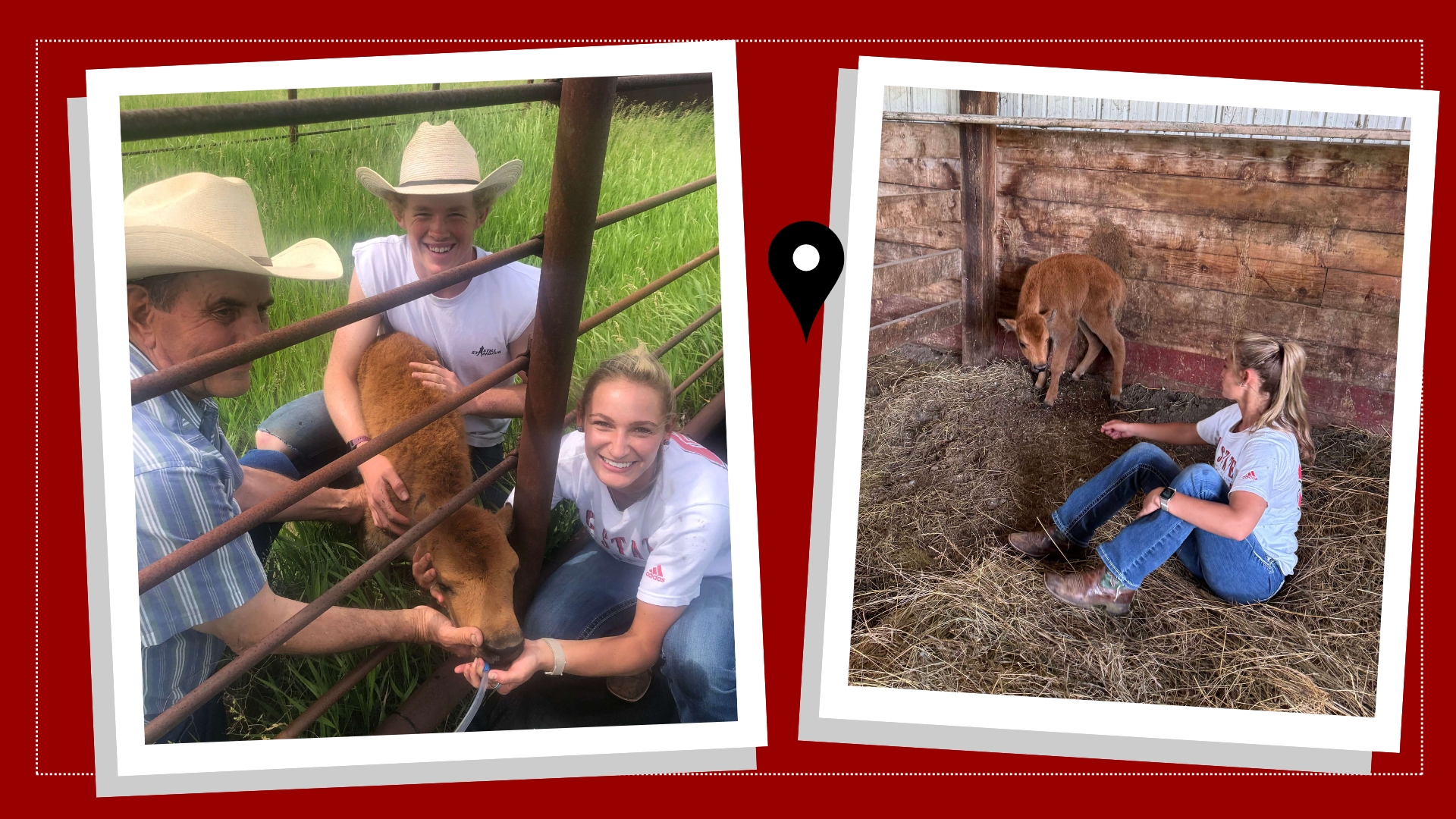Lifting Up LGBTQ+ Identities: A Q&A with the President-Elect of NC State’s Pride Student Veterinary Medical Community
The College of Veterinary Medicine’s Pride Student VMC provides a space for all students to connect and raise awareness of LGBTQ+ representation within the veterinary profession.
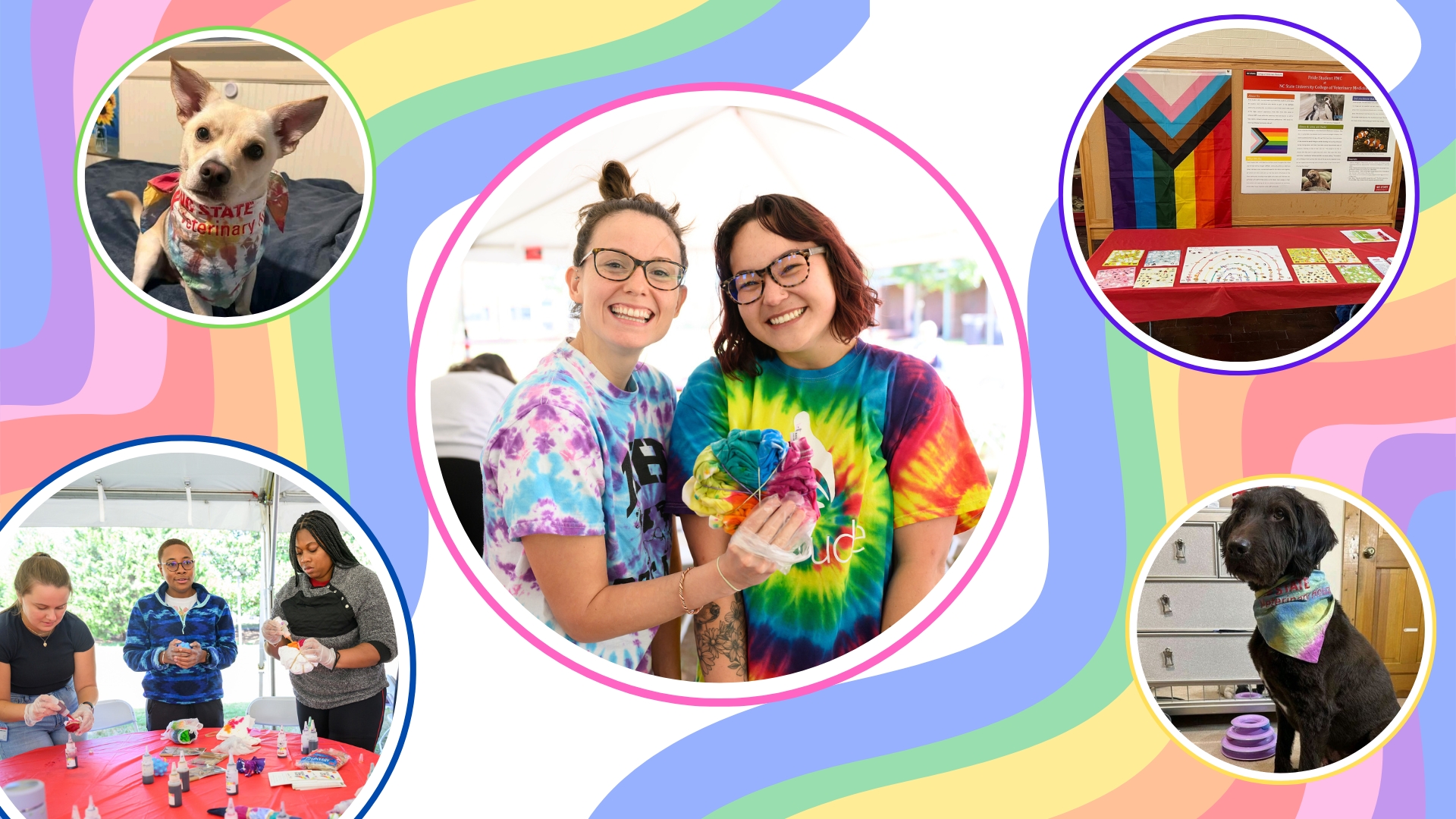
June marks Pride Month, a time to recognize and celebrate LGBTQ+ communities across the United States. But for NC State’s Pride Student Veterinary Medical Community, or Pride Student VMC, every day is an opportunity to celebrate the myriad identities embraced within the veterinary field.
The student organization at the NC State College of Veterinary Medicine has about 25 regular members who meet during the semester to connect over shared experiences in veterinary medicine, says third-year DVM student Jacob Barker, the club’s 2024-2025 president-elect.
NC State’s club is a chapter of the national PrideVMC organization that strives to promote well-being, inclusivity and authenticity within veterinary medicine. Little data exists on the prevalence of LGBTQ+ caregivers within the field, but the percentage of LGBTQ+ applicants to veterinary schools has held steady since the Association of American Veterinary Medical Colleges began tracking the metric in 2018.
For Barker, the club has provided a space to grow his leadership skills, meet vet students and alumni he wouldn’t have gotten to know otherwise and share the vibrance and diversity of the veterinary profession. Here, he shares how Pride Student VMC has enriched his experience at NC State and outlines his plans for the organization’s future.
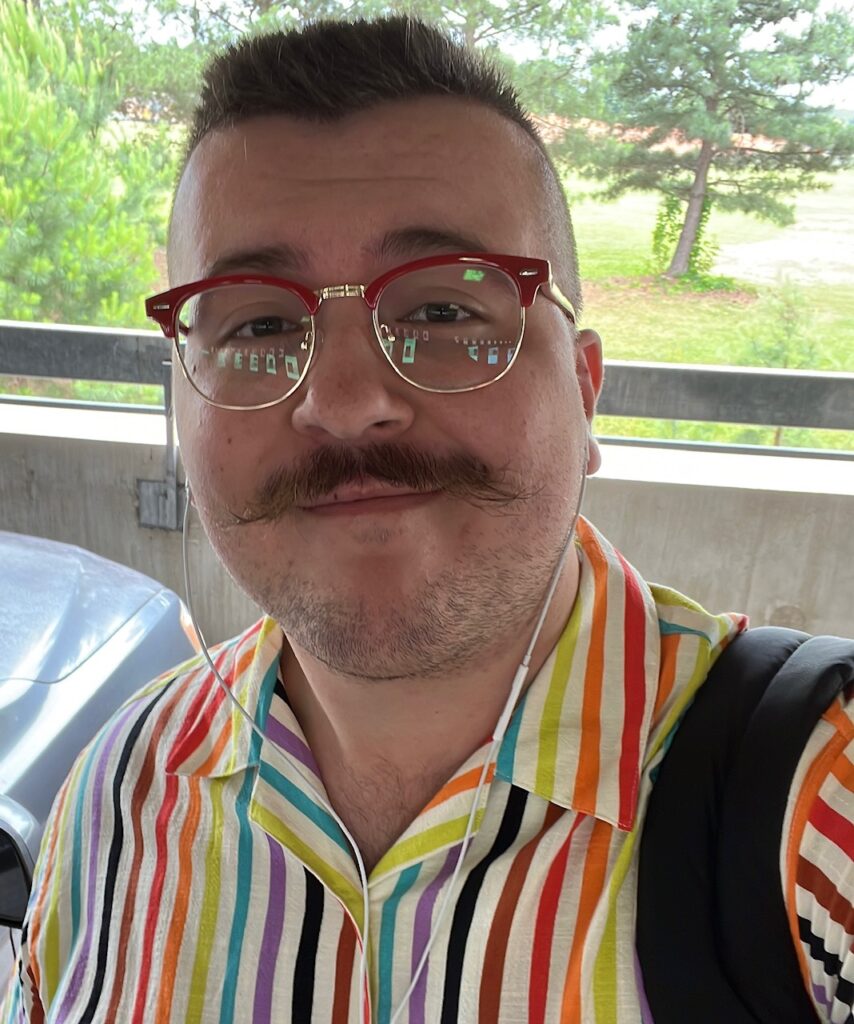
How would you describe what Pride Student VMC is?
Jacob Barker: Pride Student VMC is essentially a club that is meant to help foster connections and spread awareness of LGBTQ+ representation within the vet med community, because we have our own set of identities and lived experiences that we bring to the table whenever we are interacting with clients or trying to help with patients or cases. And so it is meant to help people with LGBTQ+ identities feel that we belong and have pathways within the field of veterinary medicine.
In your experience, have you seen a lot of LGBTQ+ representation in the veterinary field firsthand?
JB: I think there’s actually a fair bit. I’ve seen it both within vet med and through people who want to get more involved with vet med. For example, prior to getting into vet school, I worked at a municipal animal shelter, and one of the kennel techs working there who was also trying to get into vet school would talk about her girlfriend. And occasionally, you’ll hear a mentor refer to their significant other as their ‘partner’ or something similar. And so you get this idea that there is representation, but that it could in some ways be more consolidated or have a community gathering space that’s very specifically like, ‘This is for us,’ where we can feel connected in that way. Pride Student VMC is here, and we can provide that.
Veterinary medicine is an inclusive community to begin with, but you’re saying it’s helpful to offer affinity spaces for students that are specifically designated for people in that broad LGBTQ+ spectrum and their allies.
JB: Right, exactly. Because in my case, I’m talking about all these people I’ve met. And I’m fortunate to that degree, but then other people might not be, depending on where they come from and their experiences. And so just having that one core space you can point to and be like, ‘Here’s where you can go,’ it’s very beneficial. But everyone is welcome in our club and at our events. We’re just meant to be a space that encourages people with queer identities to come forward and feel a sense of belonging.
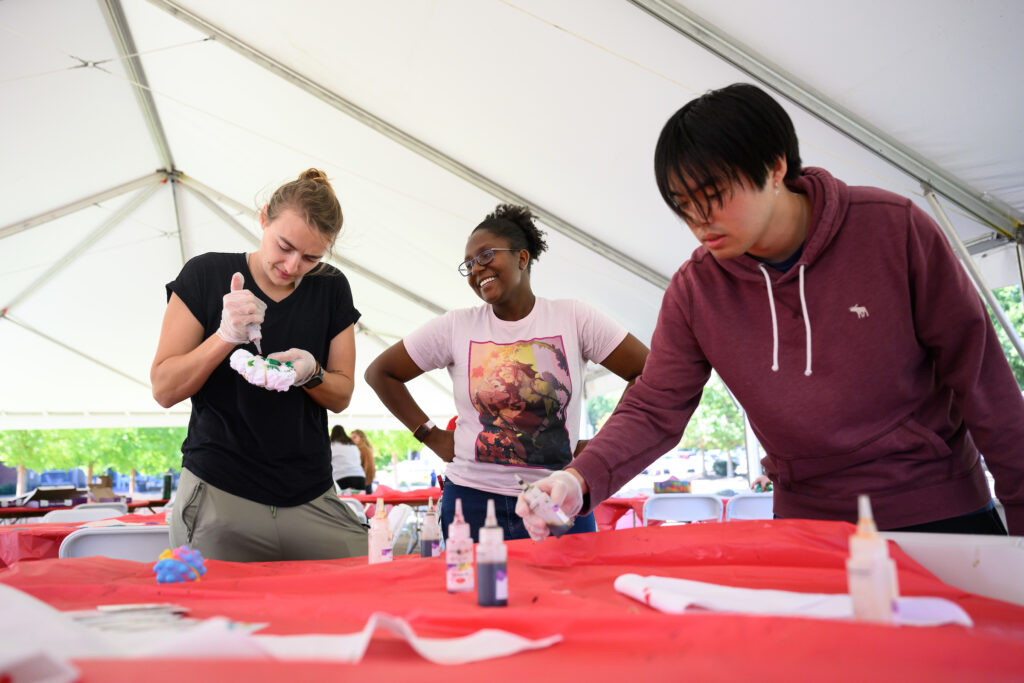
What types of outreach events does Pride Student VMC hold throughout the year?
JB: Open House in March is one of the big ones, where we set up a display and talk with the public about LGBTQ+ representation within vet med. For National Coming Out Day in October, we have a tie-dye event where students can bring T-shirts or lab coats — those are especially popular for first-year anatomy labs — and tie-dye them while interacting and celebrating with people in the LGBTQ+ community and allies. Those are our two big regular events.
How has participating in and helping direct Pride Student VMC added to your student experience at the College of Veterinary Medicine?
JB: It’s given me more opportunities to speak with people outside of my class. I think it’s really important to have friends and connections within different stages of their academic and professional careers, because it helps you get a good idea of where you can expect to be going forward, help other people along their own paths and also connect with people who are in the exact same situation as you are. I think it ultimately helps you feel very integrated into the space of like, ‘I’m here, I’m queer and I can succeed.’”
As president-elect of the club, what vision do you have for its future direction?
JB: I’d like to see us do more alumni outreach to get alumni more involved with the club and serve as a resource to our students and community. I’d also like to hold events more regularly, since the pandemic disrupted our social gatherings and operations and we’ve had to reorient ourselves. My main goal is to help re-establish the club and make it more recognizable across the school so its next leader has a firm foundation and some forward momentum to work off of.
